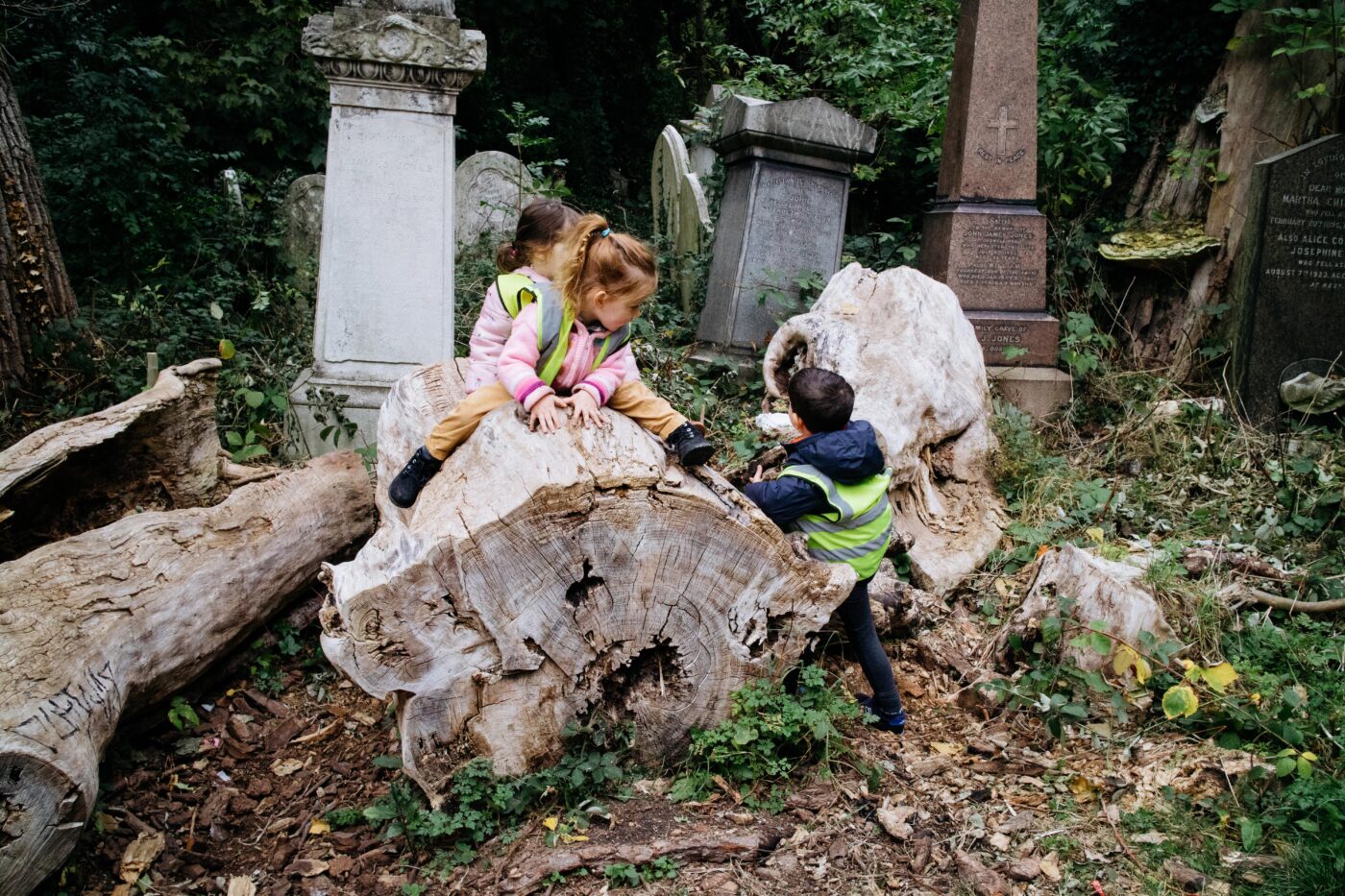A guide to 30 hours free childcare
This year, the government introduced new funding schemes designed to support families with childcare costs. […]
Read more
As parents, we want to try and do all we can to ensure our children are happy and confident, armed with the tools they need to take on life in the modern and ever-changing world. Sarah Ockwell-Smith has partnered with N Family Club to share her top topics on how to boost your child’s confidence and self-esteem.
In order to climb to the top, children need their physical and psychological needs met, to provide a strong foundation. These needs include the need for nutritious food, warmth, sleep, a feeling of a sense of belonging in their family and unconditional love from their parents. Focusing on these basics, and plugging any gaps, helps to build strong roots from which confidence and self-esteem can bloom.
If we view ourselves as the sun, and our child as a planet orbiting us in our own family solar system, it helps to understand why they are drawn to stay close to us. They need our warmth and support the most when they are tiny, when ‘clinging’ is normal and healthy. As they grow and their orbit increases, they feel more confident to take steps away from us. Meeting their needs for dependency when they are small is the quickest, easiest, and most effective way to create confidence as they grow.
Young children’s brains look very different to those of adults. While we are able to think rationally and logically and control our emotions, children haven’t developed these skills yet. Knowing that they can rely on us to ‘contain’ these big emotions and help them to calm down and make sense of the world when things feel overwhelming, helps them to become more confident in everyday exchanges with the world and those in it.
As parents, we can often struggle with feeling not good enough, we doubt our parenting abilities, criticise our looks and generally are pretty down on ourselves. Our children are constantly looking to us to know how to behave. If we want to raise children who are accepting of themselves and have good self-esteem, we have to start with improving our own first.
As children grow, they need us to encourage them to branch out a little and explore more of the world and all it has to offer. Many parents are tempted to push their children into activities and experiences that they think will be good for them. However, this push will only cause children to feel less confident, not more. Instead focus on supported, gentle encouragement, at the child’s pace. Encouraging them to take baby steps outside of their comfort zone may feel frustratingly slow, but you’ll cover more distance ultimately.
Try to avoid labelling your child, especially with words like “shy”, “nervous” or “clingy”. Children are always listening to us and they take our words to heart, which will only damage their self-esteem even more. Also, avoid comparing to siblings or their friends. Comparison won’t improve confidence, but it certainly dents it.
Praise that centres on a child’s efforts and time devoted to learning really helps them to feel ‘seen’ and appreciated by you. It also helps them to learn to handle disappointment, by placing the focus on feeling proud of themselves for trying, even if the outcome was not as they hoped. Also, focus on ‘positive noticing’ what your child is doing and taking time to really report back on what you’re seeing. All too often we praise in a dismissive way “good boy”, “well done” etc. but this feels dismissive to children and can negatively impact self-esteem.
“You can’t do it YET”, “I have faith that you can do it if you keep trying!”. Encouraging children to be more resilient and trusting in themselves, rather than seeing their abilities as fixed, can really help to improve both confidence and self-esteem.
Listen to your child’s fears and worries and avoid being dismissive of them. Rather than “You’ll be OK, don’t worry!”, say “I understand you’re worried, that’s OK. I feel worried about new things too. How can I help?”. This helps children to feel validated and knowing that they can always share their concerns with you, will ultimately help to improve their self-esteem.
Introverted children often thrive in quiet environments, with fewer people around. They may prefer to spend time at home, with one friend only, or even time alone. This is not a flaw that needs to be fixed and it doesn’t mean they are struggling with confidence. Helping them to understand introversion and what it means to them is key here. Showing your child that you love them unconditionally for who they are, and not trying to change them, is always the best way to improve confidence and self-esteem.